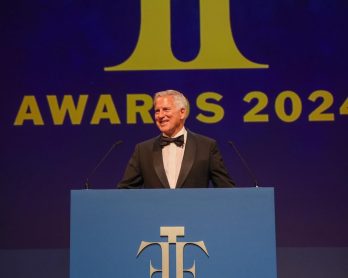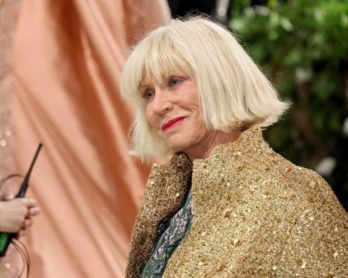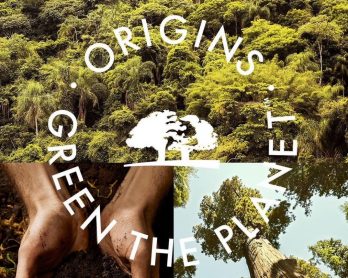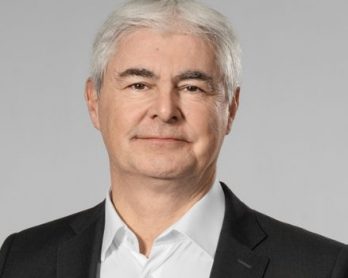Are Influencers the New Celebrities of the Prestige Beauty Market?
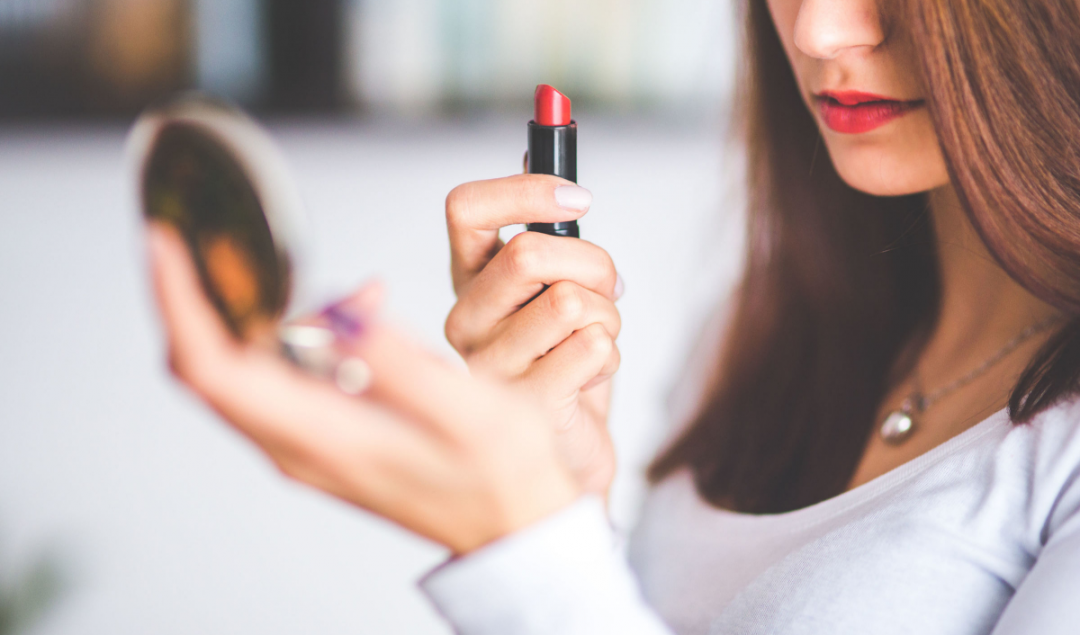
Traditional celebrities have long enjoyed the perks of endorsing prestigious beauty brands, but those days are swiftly coming to a close. The market is shifting and younger consumers with growing spending power are more likely to listen to influencers they’ve come to know through social media over traditional celebrities.
As I’ve written before, influencers collaborate with brands in many business verticals including travel, fashion, home furnishings and technology, but it’s the beauty space where they are most prevalent and make the huge impact.
In fact, beauty influencers are so effective, they’re beginning to supplant the role of sales representatives found behind the beauty counters in department stores.
No other retail category has seen such a profound and dramatic shift in how products are discovered and evangelized.
And the data is hard to dispute.
According to a 2016 study by The NPD Group —a market research firm, makeup launches for prestige brands that involved influencer collaborations generated twice the sales volumes in their first month (on average) as compared to launches that involved traditional celebrity collaborations.
Why is that?
Beauty influencers operate differently than their counterparts
Unlike influencers in other retail categories, beauty influencers often specialize in a particular product niche, such as makeup or skincare, and they commonly provide educational information about the products they like and use.
But some of the most valuable content they publish – for audiences and brands – are the tutorials about how to apply the products.
Makeup and skincare can be involved topics because of the variety of skin types, skin tones, allergies and environmental factors.
It’s a case where advice from a like-minded person comes in very handy – and you don’t have to go to a store to get it.
Instead of going to the mall, you can look up your favorite influencer on Instagram or YouTube using your mobile phone during lunch or while taking a walk.
Naturally, as part of their tutorials, influencers mention products they like and use.
In these tutorials they demonstrate how to best use the products and apply them which their followers respond to enthusiastically.
When influencers mention products, it’s like mana from heaven for brands, especially when it’s done organically and authentically.
Now, that’s not to say sponsored content isn’t effective too, because it is. It’s just got to be handled differently.
Yet, until recently, mass market beauty brands have been the ones to embrace influencer marketing.
Only recently and because of market forces, have their prestigious counterparts started to explore it, too.
Luxury brands have been slow to embrace social media influencers
Mainstream celebrities like movie stars, television stars and professional athletes have traditionally been prime candidates for prestigious brands to enroll as ambassadors.
And for good reason, it’s s model that’s worked for decades.
But the millennials and GenZers have different expectations and experience brands and products differently than their older counterparts.
They weren’t brought up on traditional movie going and television, the way their parents were.
Instead, they’ve been brought up with the Internet at their fingertips and social media as a way to interact with friends and colleagues.
Everything they could ever want is a click away on their mobile phone or tablet.
Just ask any teenager about who they like to follow and you’ll likely get an earful about YouTubers and Instagrammers instead of movie stars and television personalities.
That’s not to say traditional celebrities have no place in the marketing mix any longer, but smart brands are diversifying, looking for new avenues to approach and engage their target markets.
Especially the younger generations.
Look for Prestige Brands to Shift Away from Celebrities to Beauty Influencers
So, times are changing fast and high-end luxury brands are beginning to follow their mass market counterparts into the realm of influencer marketing.
They’re beginning to partner with influencers who’ve built their audiences on YouTube, Instagram, Facebook and Snapchat.
For example, some Dior product sales have benefited by working with such beauty influencers such as Jaclyn Hill. Dior also acknowledges that many influencers command highly visible and engaged audiences on these social media platforms.
Therefore, they see the value, but it’s even better when the hard data backs it up.
According to Bain & Company consultants, millennials and GenZers contributed 85% of global luxury market growth in all categories in 2017.
This means younger people are a serious growth engine to luxury and prestige brands now -and going forward, so leveraging the power of beauty influencers makes good sense.
It must be remembered that social media for these generations is part of the fabric of their everyday life. Its not simply an enhancement, but a critical element to their interactions with others -not to mention how they get their news, purchase products, and learn how to use them.
If prestigious brands are to compete, they need to adapt so they will remain relevant and secure mindshare for their brands.
It might seem odd to older generations to learn that traditional celebrities are losing their hold on consumers’ attention, i.e. their influence, but as with so many things these days, rapid change is the norm.
Luxury beauty brands must not hesitate, they need to get on board before their competitors beat them to it.



